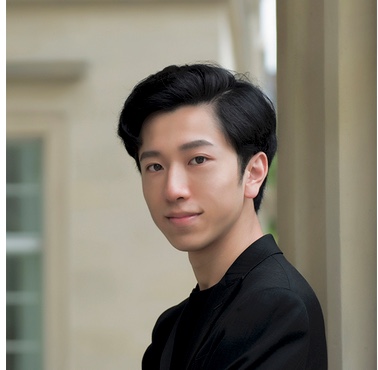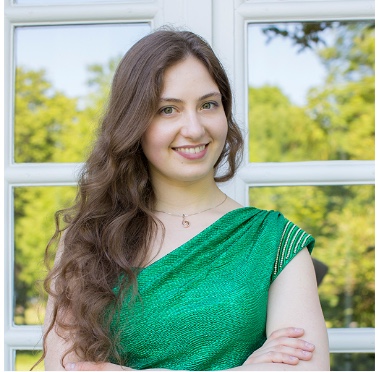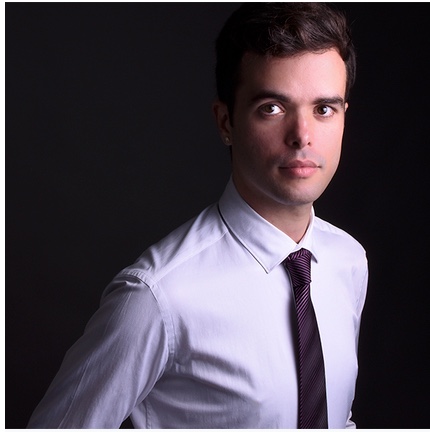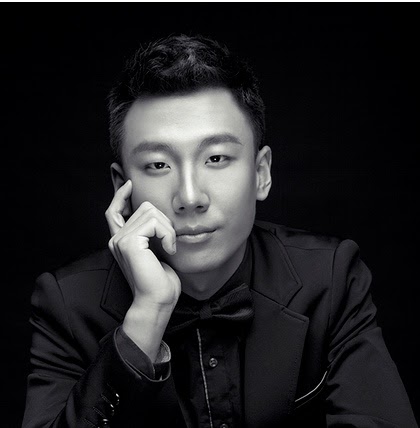by Cait Winston

Liu’s playing never lost its composure through the highly dramatic material of Beethoven’s Sonata No. 32 in c — he maintained a consistent tempo through the swift passages, playing them with excitement and grace. Liu demonstrated impressive virtuosity during the extended trills, creating a light, delicate sound — a tremendous technical feat.

The pianist followed with Carl Vine’s Sonata No. 1, a contemporary piece featuring a variety of highly virtuosic passages in a number of diverse textures. Parkhomenko characterized each distinct texture with both dramatic nuance and technical finesse.

Sorka finished his set with Ravel’s La Valse, a haunting, deconstructed waltz that he characterized with technical flourishes and an intense sense of foreboding. Sorka’s excellent sense of rhythm allowed him to bring out the disjointed nature of the piece, creating an unfamiliar, ominous sonic landscape.

His set finished with Ravel’s “Une barque sur l’océan” and “Alborada del gracioso” from Miroirs, where he created dreamy, flowing passages that moved fluidly through the piano’s registers. Li’s sound was gossamer and ethereal, filled with rich colors but never weighed down with density, although textures were often complex and intricate.
Published on ClevelandClassical.com July 24, 2021.
Click here for a printable copy of this article


